U.S. State Department Addresses Concerns Over Extremism, Anti-Semitism, and Business Climate in Bangladesh
Washington, D.C. [US], April 16 (ANI): During a press briefing on Tuesday, the U.S. Department of State addressed growing concerns regarding extremism, anti-Semitism, and the targeting of American businesses in Bangladesh. Responding to a question on the rise of "Islamist extremism in Bangladesh under the Yunus-backed regime," State Department Spokesperson Tammy Bruce emphasized that the future of Bangladesh should be determined by its own people.
"Bangladesh is a country with certain issues; it's also a country we have discussed frequently," Bruce said. She briefly referenced the arrest of a UK Member of Parliament, Sadiq, noting that legal matters and protests in Bangladesh are for its own authorities to manage. "Dialogue with Bangladeshi officials is very important," she added.
Bruce stressed the significance of democratic processes in shaping the country's future. "Elections matter. I don’t want to sound trite here, but it’s true. Democracy matters, and people’s efforts to confront issues that may affect their lives are crucial. It’s quite clear what the stakes are for many nations."
Earlier, on April 12, Bangladesh Foreign Secretary Md Jashim Uddin reaffirmed the country’s commitment to protecting all citizens, regardless of religion, ethnicity, or background. “Bangladesh does not tolerate any form of violence or intimidation. We are fully aware of our responsibilities,” he stated.
Uddin's comments came in the context of a recent meeting between Indian Prime Minister Narendra Modi and Bangladeshi Nobel laureate Muhammad Yunus, held in Bangkok during the BIMSTEC summit. During the meeting, PM Modi raised concerns over the safety of minorities in Bangladesh, particularly the Hindu community. He urged the Bangladesh government to take concrete steps to ensure their protection and to investigate any reported atrocities.
In response, the Bangladesh government reiterated its stance on minority safety and emphasized its broader vision for regional cooperation. The Foreign Secretary expressed hope that economic development in South Asia could be mutually beneficial, stating, "Growth in one country can complement growth in another."
As international attention grows, both the United States and India have underscored the importance of democracy, security, and regional stability in Bangladesh’s ongoing development.

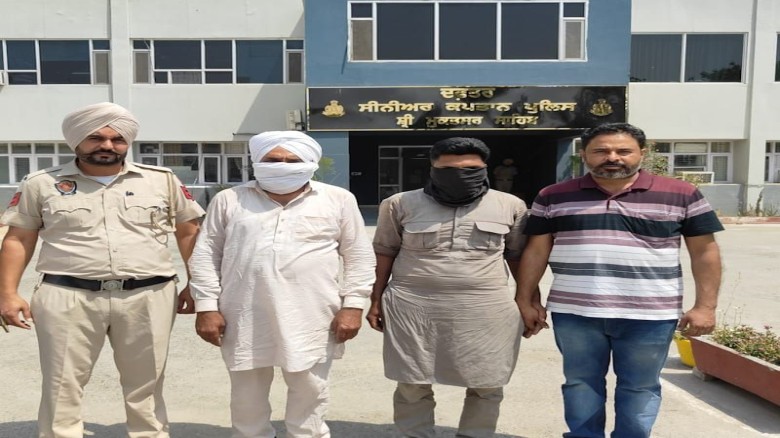
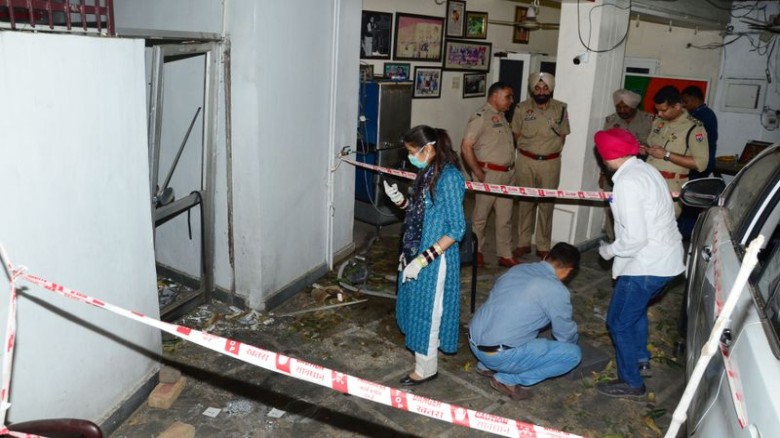


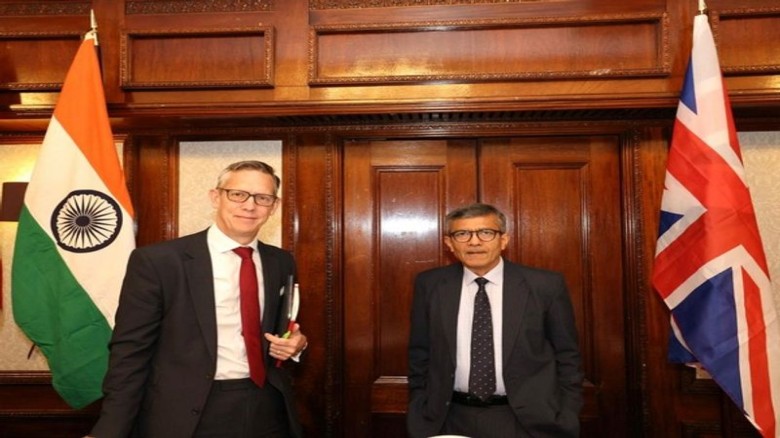



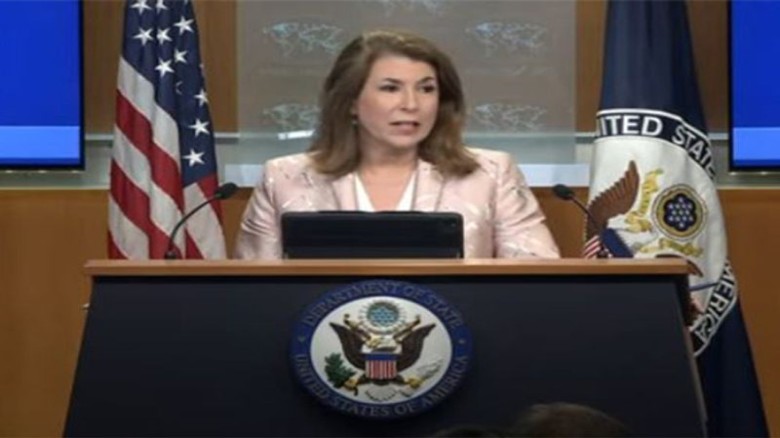
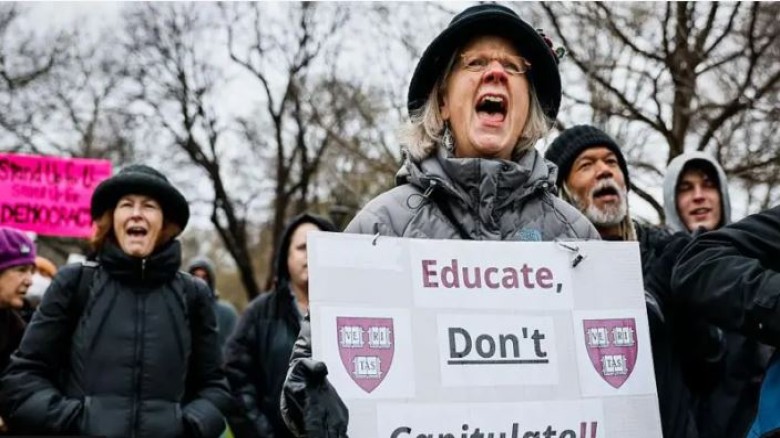
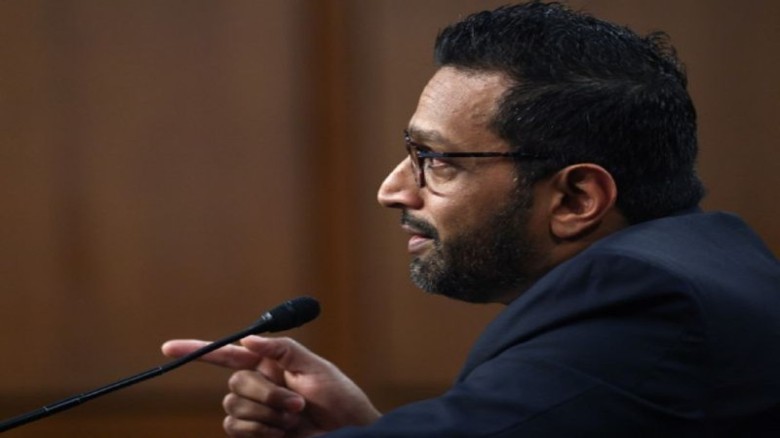
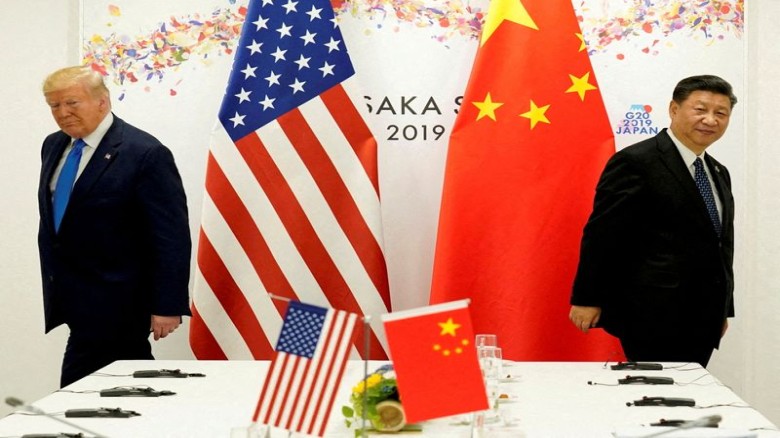


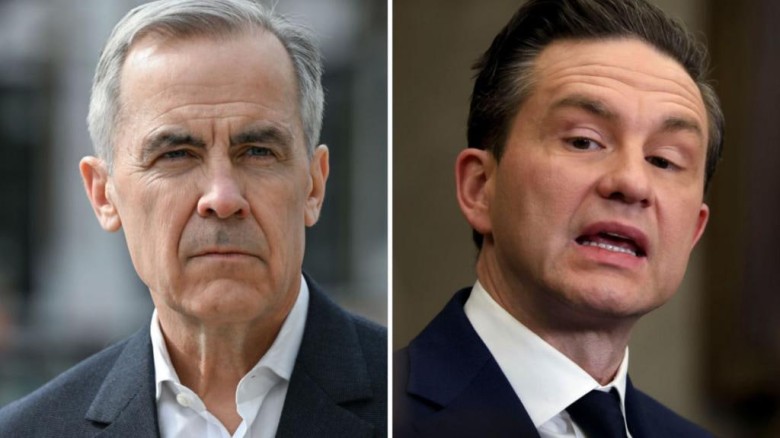


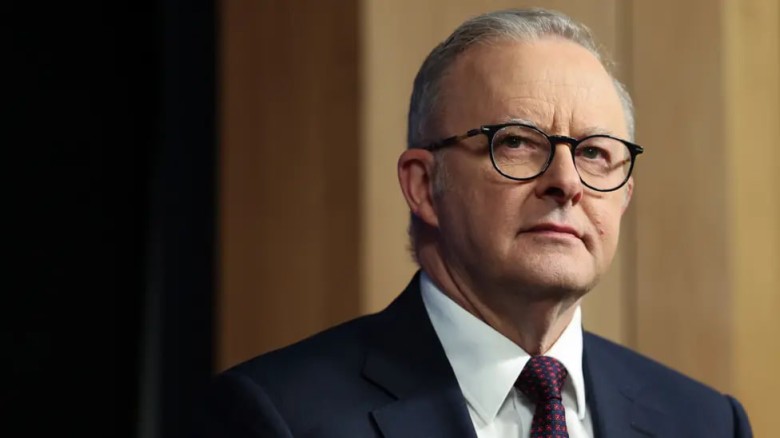


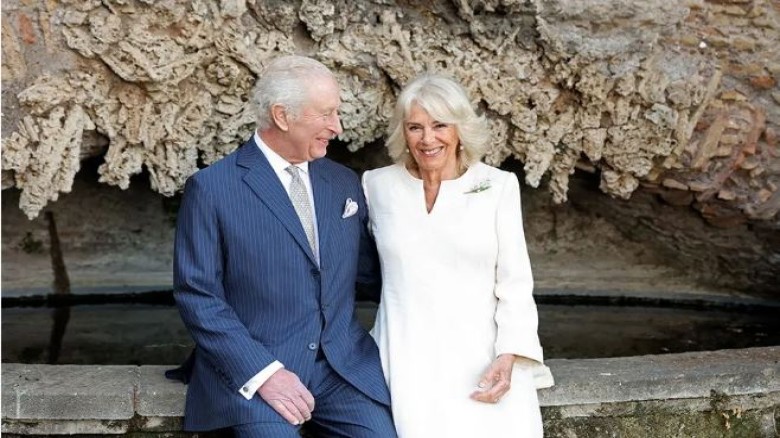


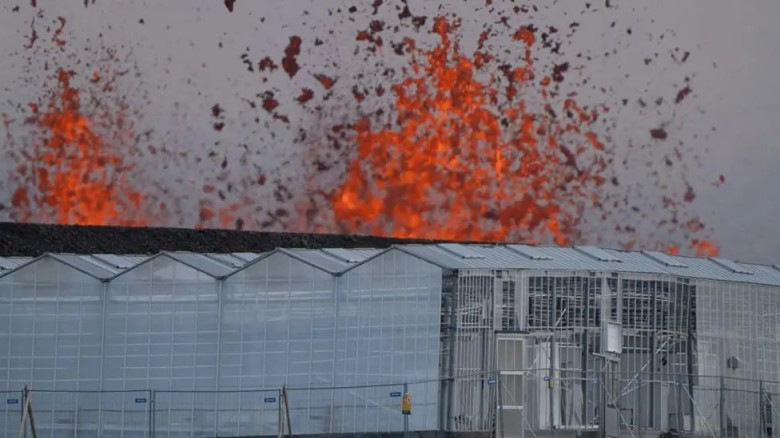
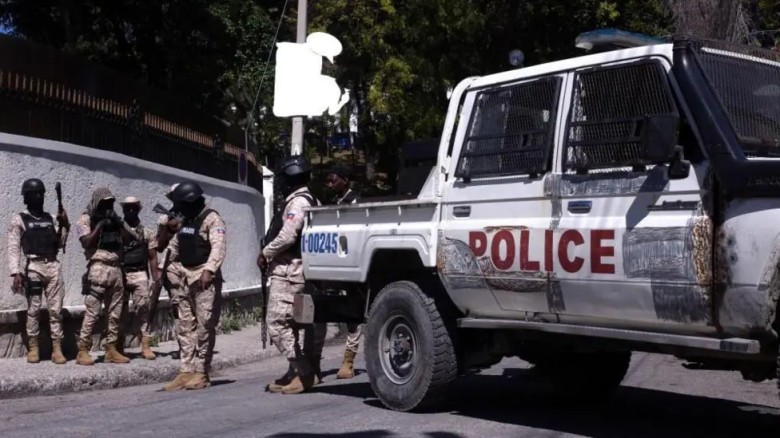









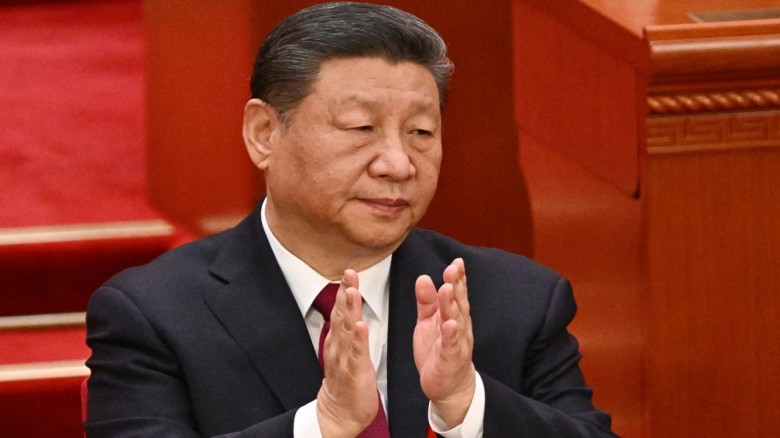
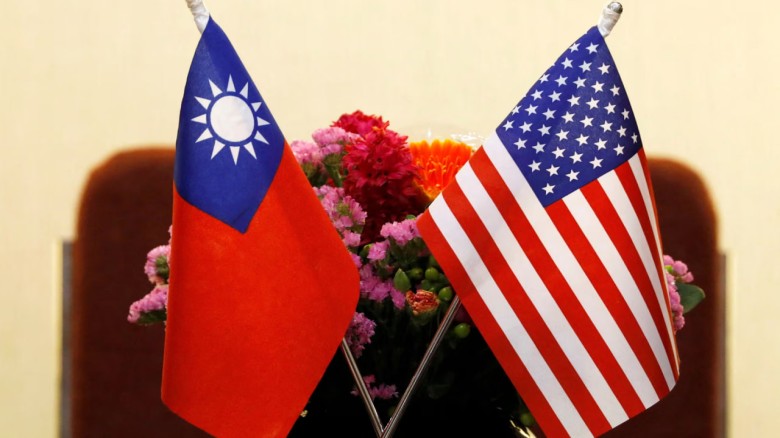


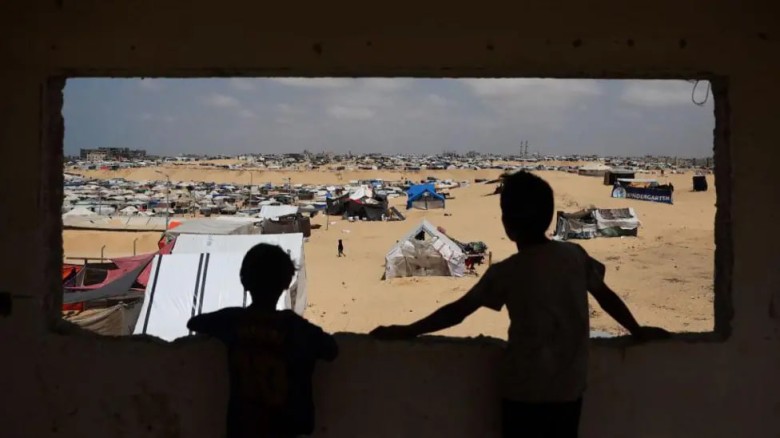
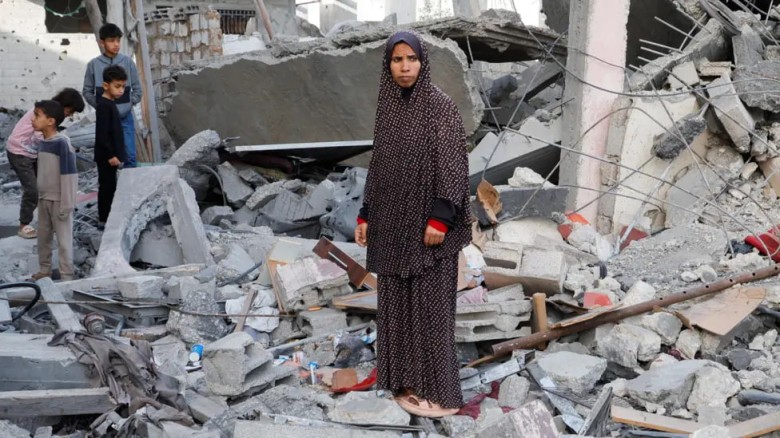
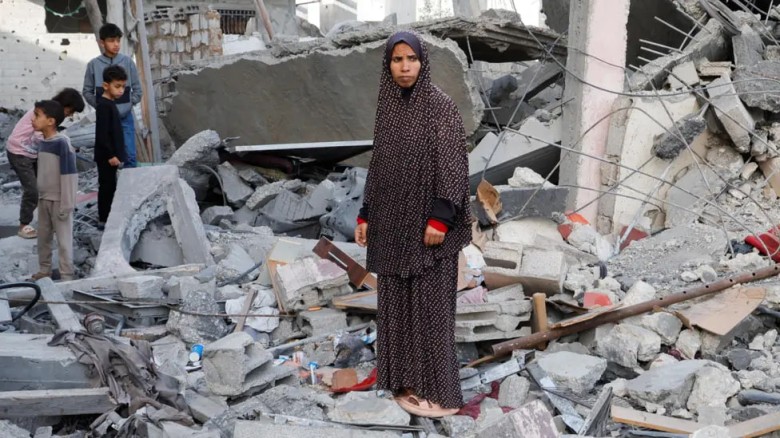


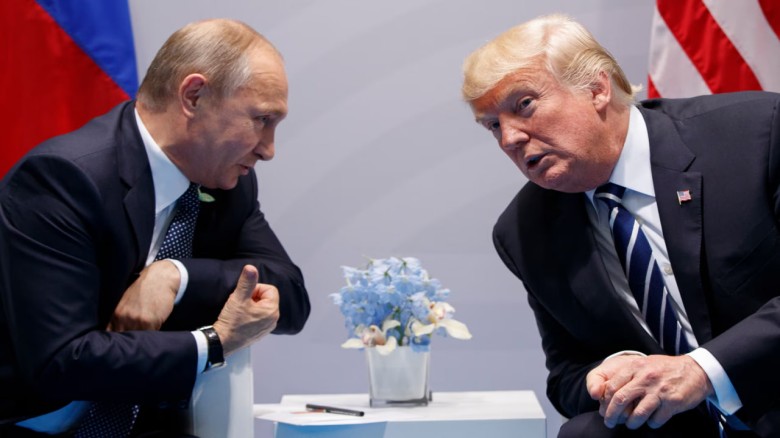






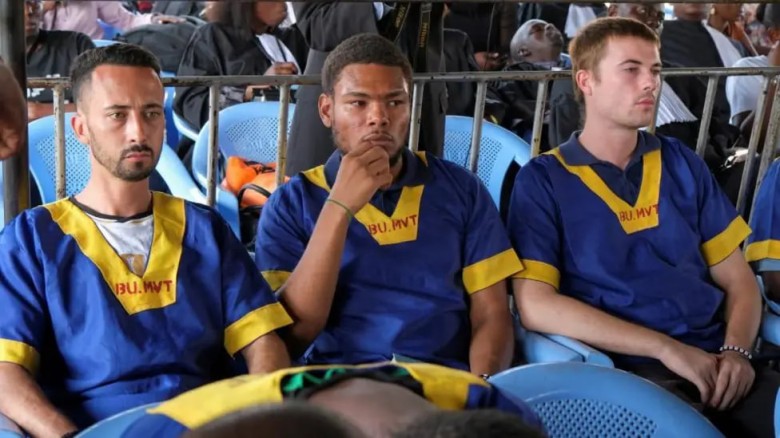



















Leave A Comment